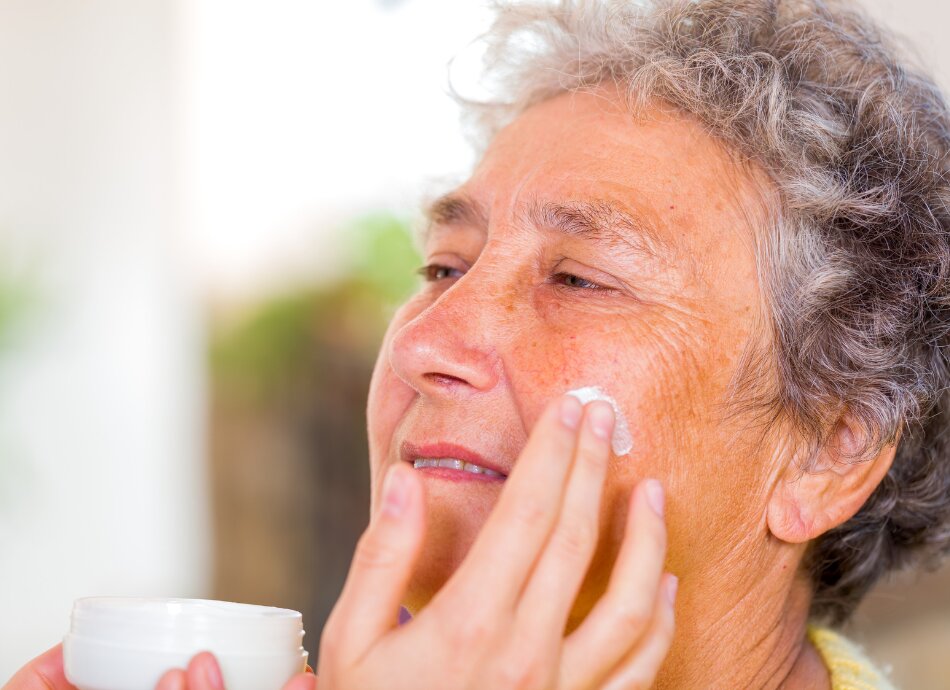There are many causes that can contribute to itching if you have a terminal illness.
It can be caused by the terminal illness you are living with, eg, liver cancer, or other medical conditions that happen at the same time. It can also be caused by a combination of things. Sometimes, it's not possible to find out an exact cause.
Common causes of itching in patients living with a terminal illness include:
- cancer such as liver cancer, lymphoma or multiple myeloma
- a skin condition such as dry skin, eczema, allergic reaction, psoriasis, parasitic or fungal skin infections – these are usually accompanied by a skin rash
- a general medical condition such as anaemia, liver disease, chronic kidney disease or thyroid disorders
- the side effect of medicines, eg, opioids, lamotrigine, antibiotics or chemotherapy drugs
- psychological conditions such as anxiety or depression.






